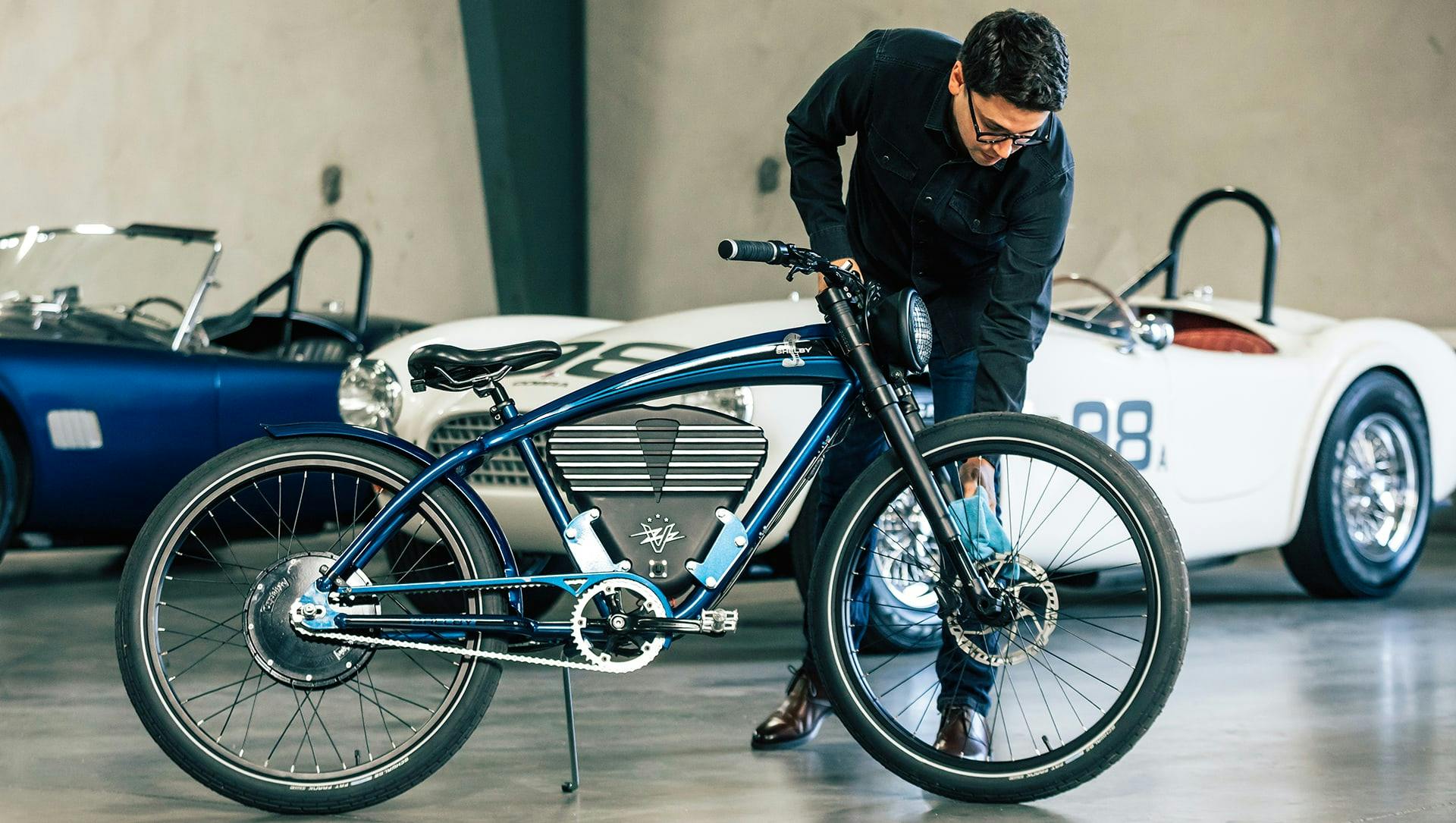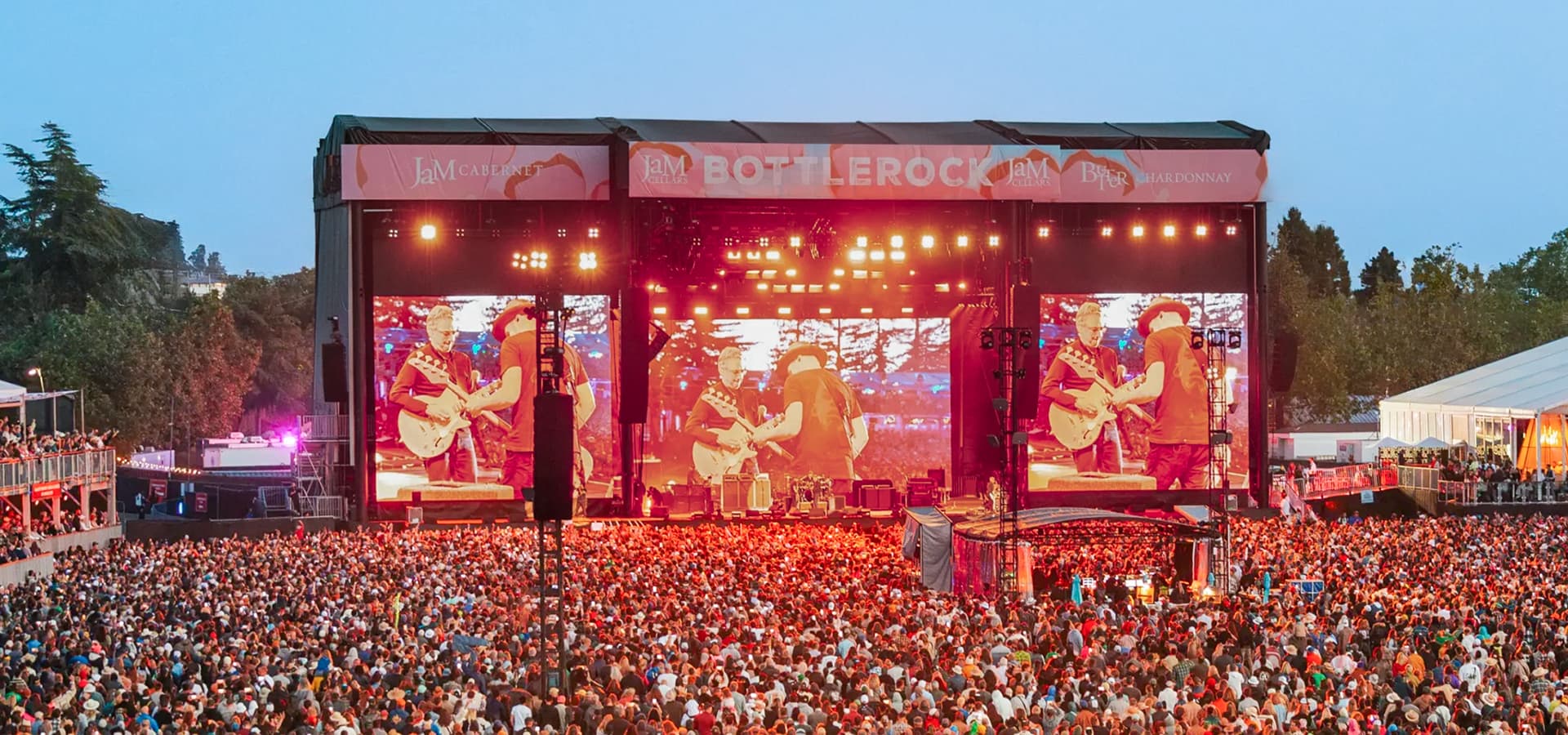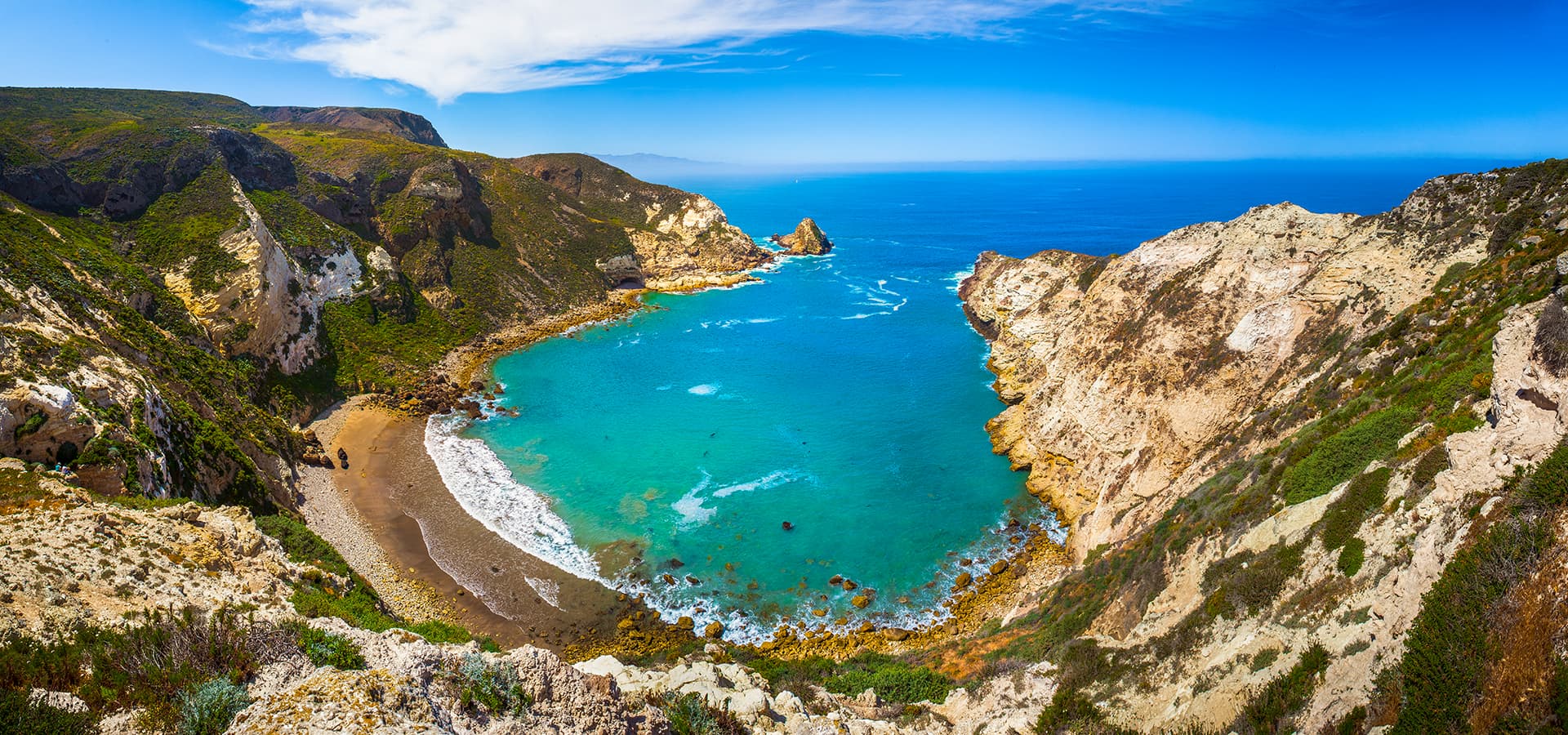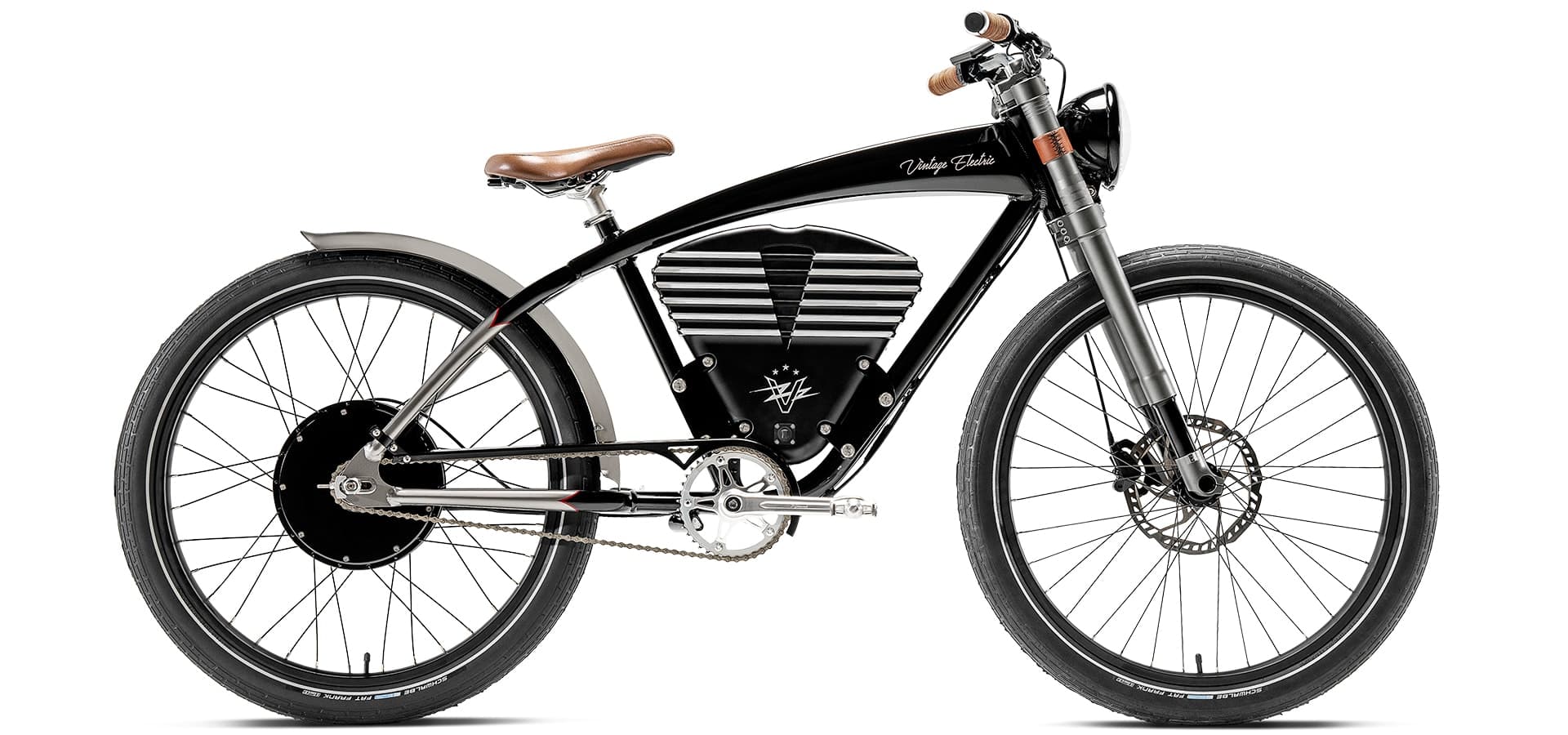
On the first Monday of 2021, a large shipping container arrived at Vintage Electric’s factory showroom on De La Cruz Boulevard in Santa Clara. Inside, more than 100 shiny new examples of the brand’s electric bikes were waiting to be rolled out and put on display, although at least half of them were already spoken for. Despite the hardships and challenges that hobbled many businesses in 2020, some industries—such as recreational vehicles—prospered. Manufacturers and retailers of traditional bicycles, as well as e-bikes, for example, simply couldn’t keep up with the demand.
“The electric bike industry has totally exploded,” says Andrew Davidge, the founder and lead designer at Vintage Electric. “People are not taking their big vacations outside of the state or country. Instead, they’re looking to explore their own backyards in a safe way, and the bikes we build are perfect for that. It’s the ultimate, socially distanced way to get around.”
Although the company builds some pedal-assist models, which start at $3,995, the lion’s share of Vintage Electric’s business is connected to its five, full-throttle electric bikes, which range in price from $4,995 to $7,249. In that category, the brand’s latest model, the Tracker Classic (starting at $5,245)—which was unveiled in October and sports an aesthetic inspired by early 20th-century Harley Davidsons, Indians and Flying Merkels—has taken Vintage Electric’s e-bikes in a slightly new direction. “It does have the performance that we’re known for,” Davidge says, “but comfort was put first. It’s a fun, comfortable bike that’s easy to use.”
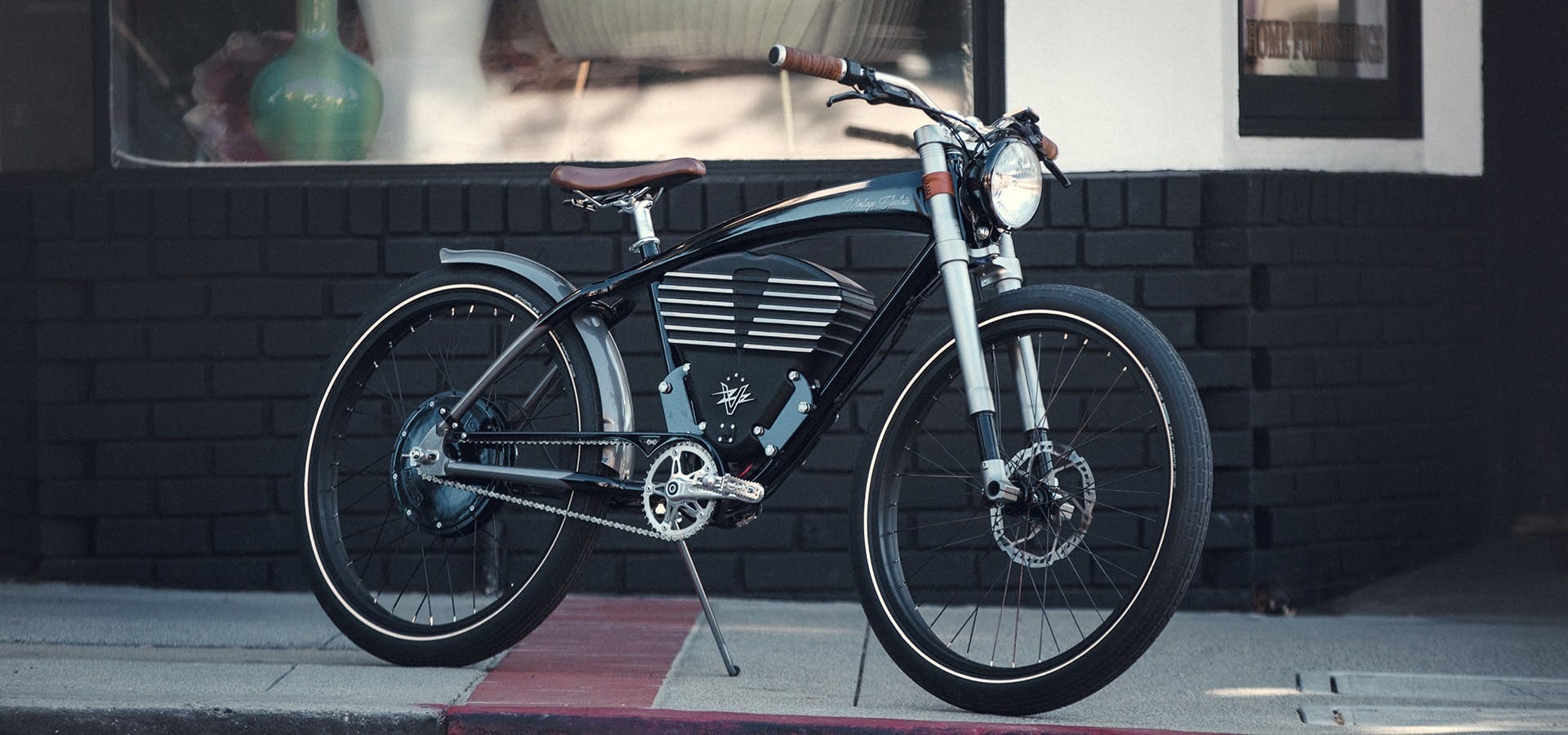
As Davidge acknowledges, a full-throttle Vintage Electric bike is equipped with an electric motor capable of grin-inducing acceleration—in standard mode, these bikes can zip along at 20 mph. When equipped with an optional race mode, a Vintage Electric bike can reach a top speed of 36 mph; however, riders who wish to cruise along at speeds greater than 20 mph are relegated to doing so only on private property.
“We’re building vehicles for transportation enthusiasts, people who have classic cars and vintage motorcycles,” Davidge says. “The design is important to them, and if they buy something they want it to be the fastest, so performance is important. We’re the electric bike for those folks.”

Looking back at the company’s early years, some might opine that Vintage Electric’s present-day prosperity was a foregone conclusion. Yet, such a prophecy would have seemed farfetched at the time of the company’s genesis. Initially, when Davidge enlisted a few of his friends to design and build a vintage-inspired bike with modern-day performance, he was wrapping up his undergraduate education at West Valley College. Similarly, his buddies were pursuing machining and manufacturing degrees at other community colleges in the area. When they got together to fine-tune the engineering and design of their first bike, they did so while working out of Davidge’s parents’ garage. That was nine years ago.
“People are not taking their big vacations outside of the state or country. Instead, they’re looking to explore their own backyards in a safe way, and the bikes we build are perfect for that. It’s the ultimate, socially distanced way to get around.”
Originally, their plan was to build a dozen or so bikes, mostly for friends and family. By August of that year, however, their plans were beginning to change. As Davidge and his buddies contemplated turning their bike-building venture into a legitimate business, the company’s founder took two prototypes to the Pebble Beach Concours d’Elegance, where he was promptly invited to Gordon McCall’s Motorworks Revival—informally known as “the jet center party”—and allowed to put them on display.
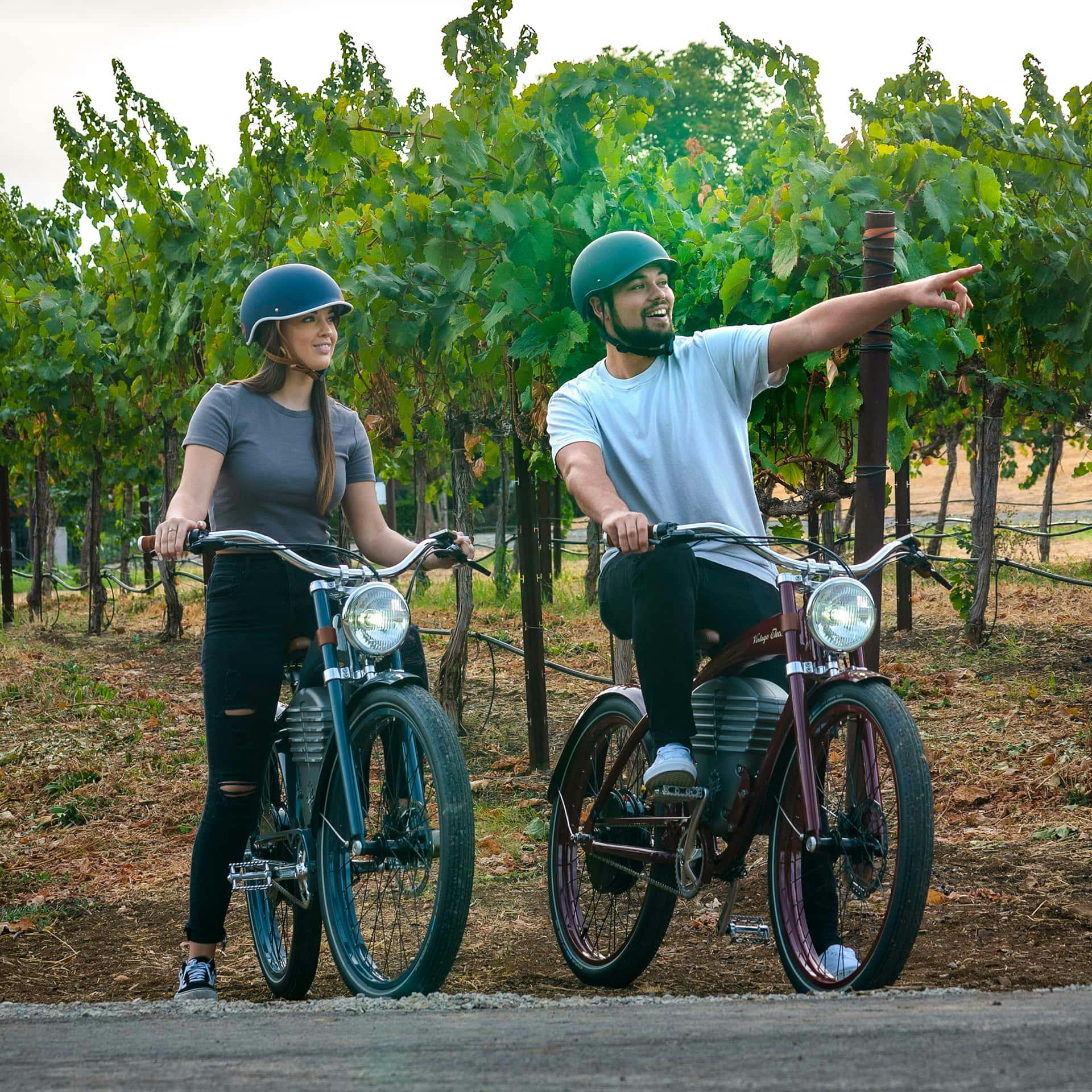
During that party, the response to Davidge’s bikes provided him with irrefutable evidence that his passion project for building cool, electric, two-wheeled vehicles warranted serious business plans. “People just started handing me their credit cards and asking if I could ship them one,” Davidge recalls. “I excused myself to the bathroom, downloaded the PayPal app, and then started taking orders. That’s when it kicked into high gear. I think we sold 30 or 35 bikes that night.”
Since then, interest in (and demand for) Vintage Electric bikes has never wavered, but Davidge acknowledges that there was no way to know that at the time of the company’s inception. “Back in early 2012, electric bikes weren’t what they are today,” he says. “It seems like a no-brainer today, but back then it wasn’t a sure thing.”
In the years that have followed, Vintage Electric has established a strong share of the marketplace in part due to a commitment to timeless styling that its bikes share with classic motorcycles from the early 1900s. In fact, the inspiration born from those vintage motorcycles ultimately convinced Davidge and his team to use electric motors. “The first bike we built was supposed to have a gas engine in it,” he admits. But Davidge soon discovered that the larger casing of a traditional combustion engine would inhibit the sleek and streamlined look that he and his friends were striving to build. “We’re really inspired by vintage cars and vintage motorcycles,” he says. “The essence and simplicity of those vehicles is lost with all the modern stuff. We’re trying to bring the simplicity of the earliest motorcycles into transportation of the modern world.”
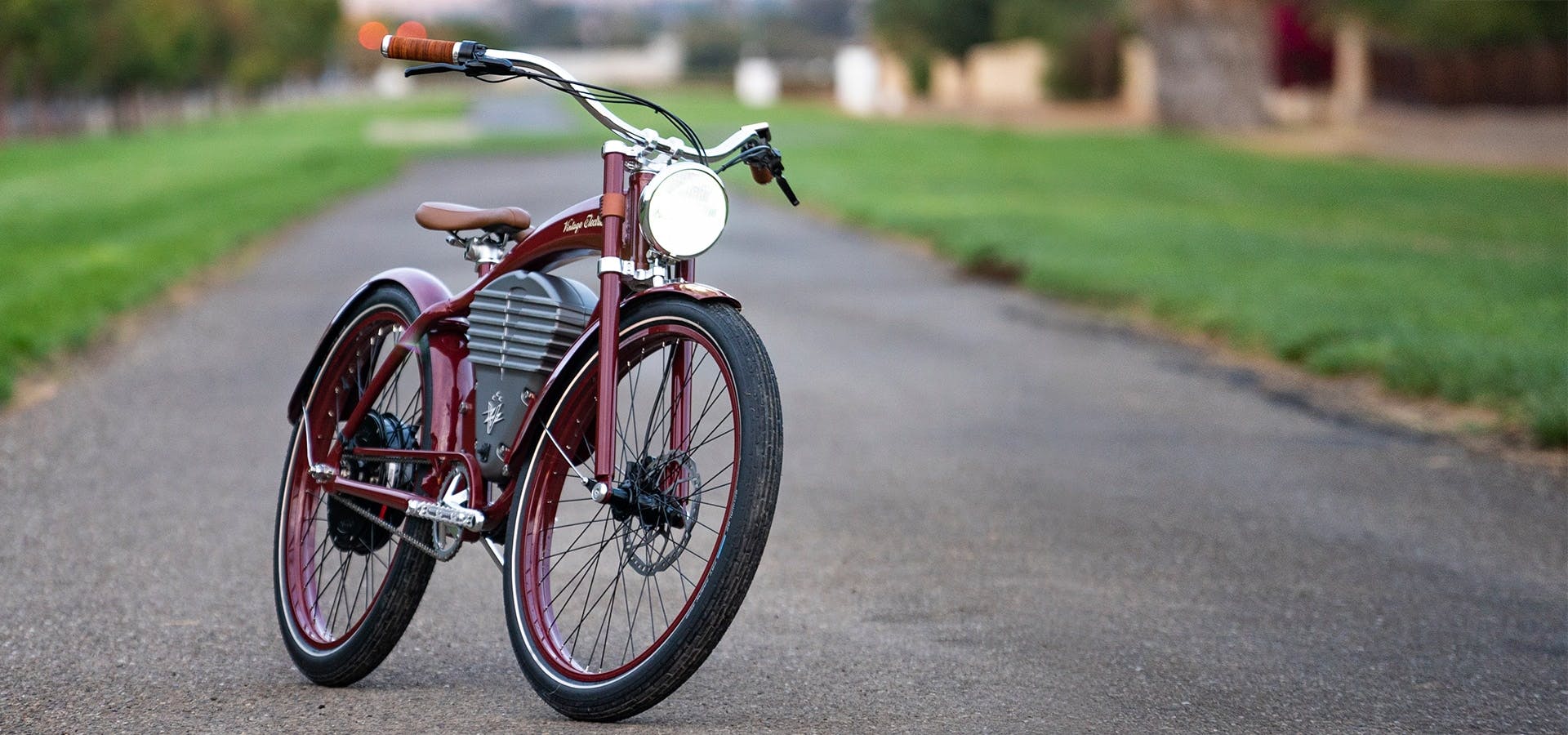
Aesthetics led Davidge and his team to experiment with electric drivetrains, but once they discovered the performance capabilities that those electric motors could offer, the team never turned back.
Beyond Vintage Electric’s commitment to classic motorcycle styling and industry-leading performance, the company further instills customer loyalty by designing all of its tech-focused componentry to be backwards compatible. In that way, an owner of an early generation Vintage Electric bike can continuously equip it with the latest battery packs and drivetrains that the company unveils as it further refines its own engineering capabilities. Davidge likens it to the way that many vintage motorcycle owners tinker with and gradually improve their rides. “They have memories with their bike, so they don’t want a new one,” he says of those Vintage Electric customers. “They just want it improved. You really can keep these bikes on the road for a lifetime.”





